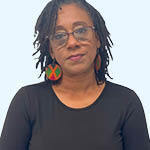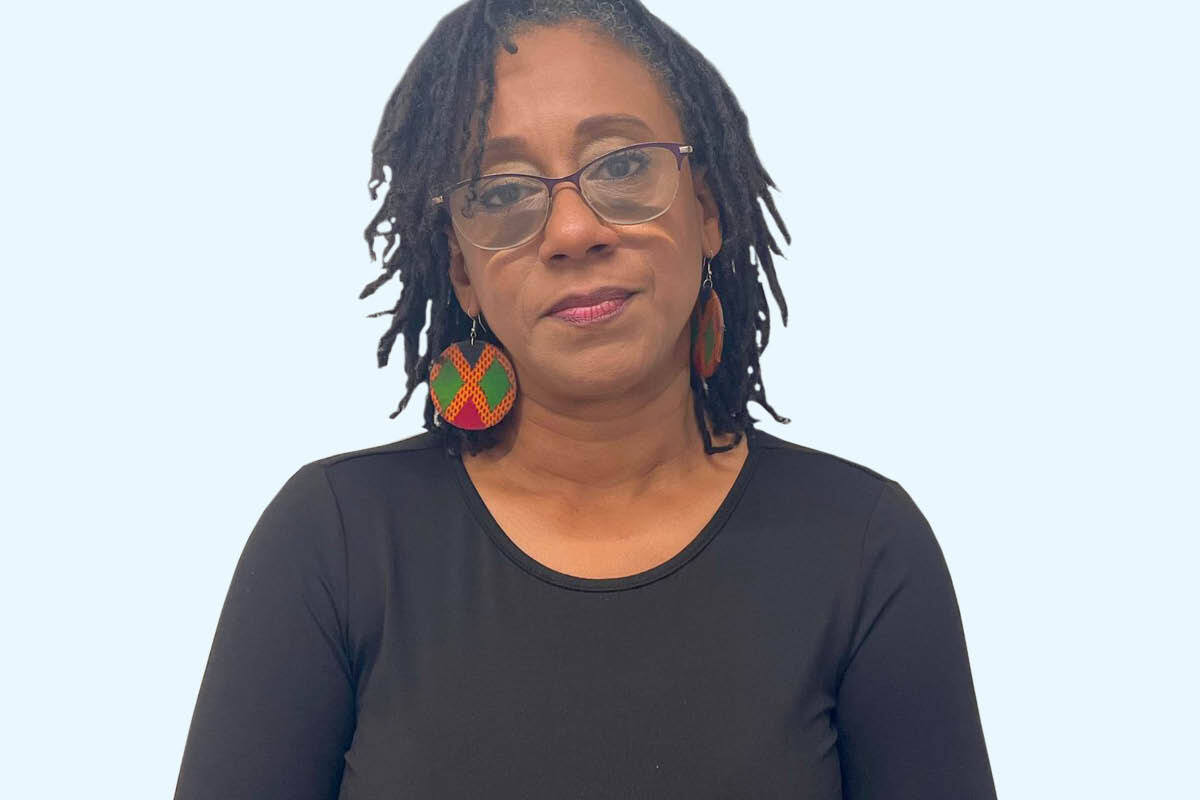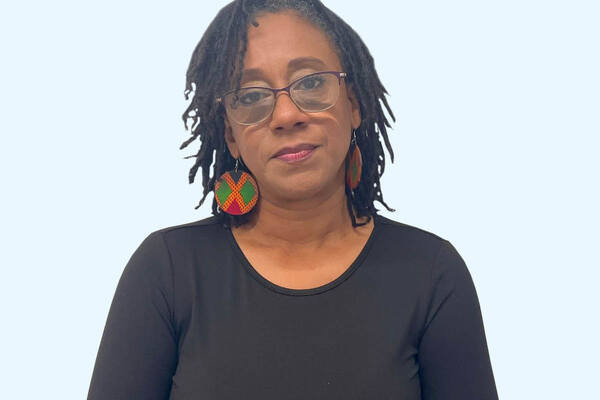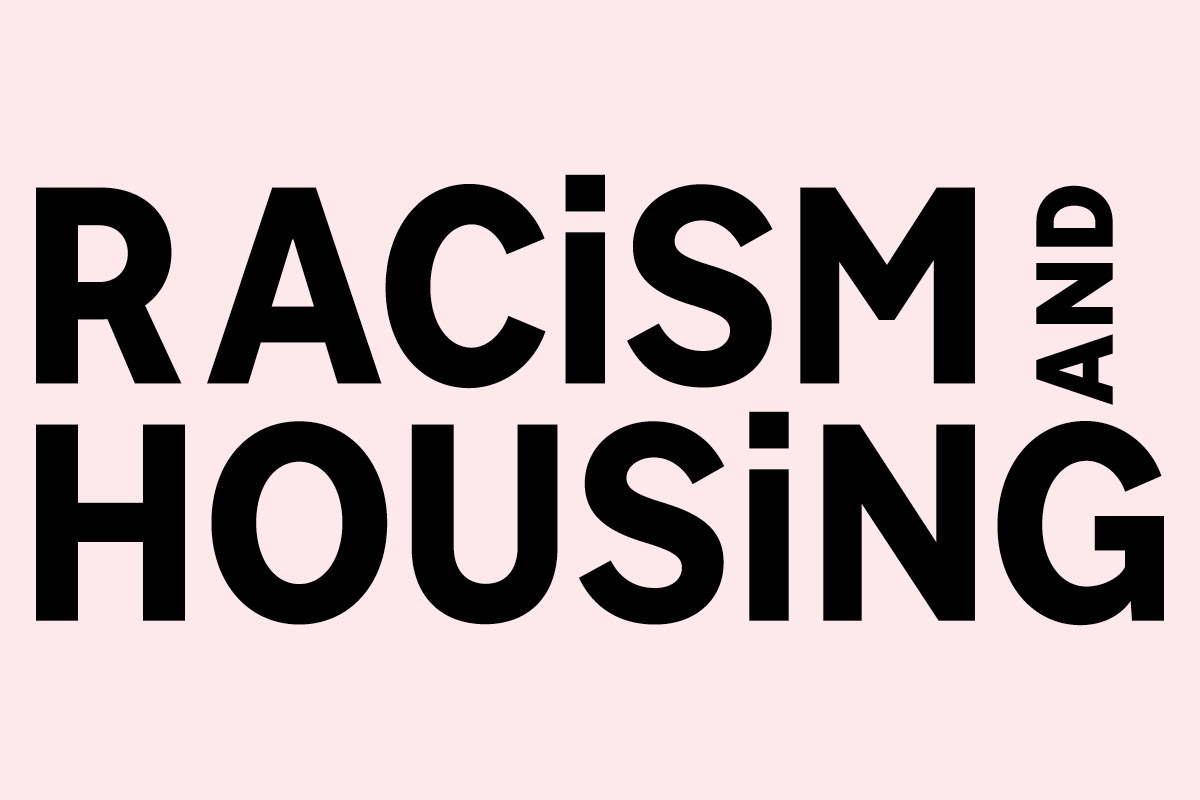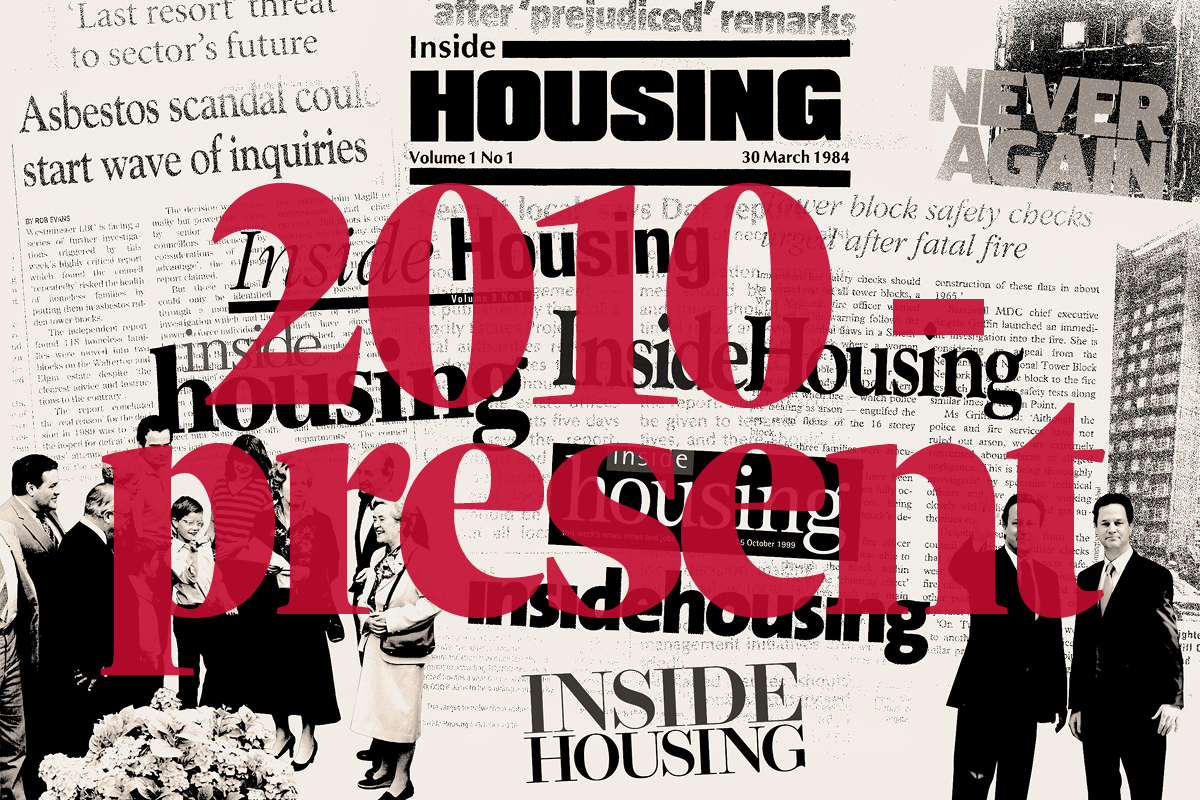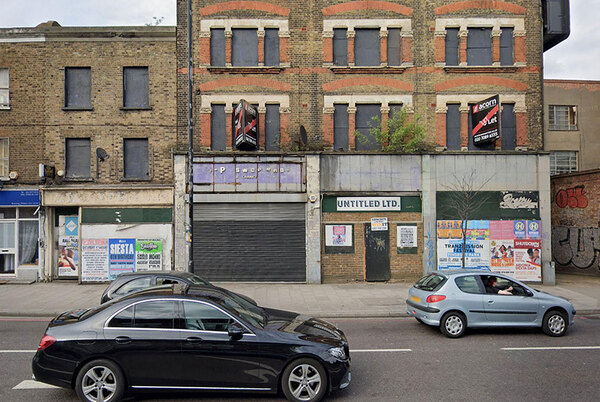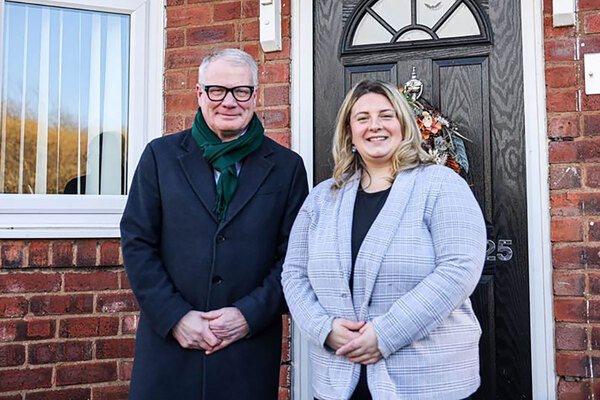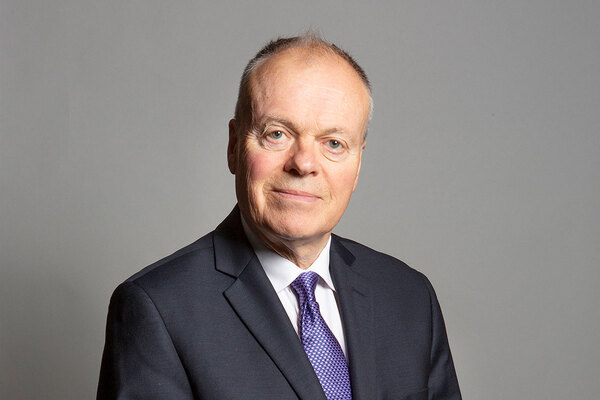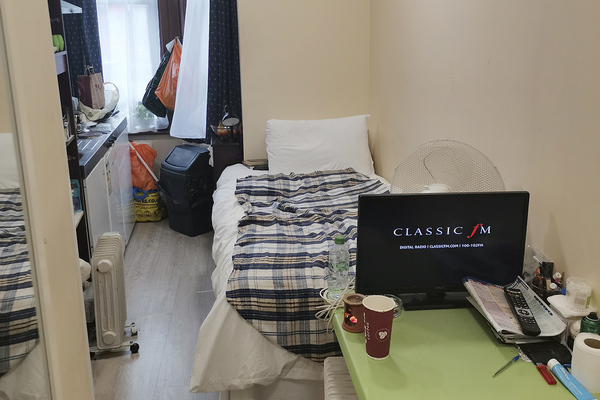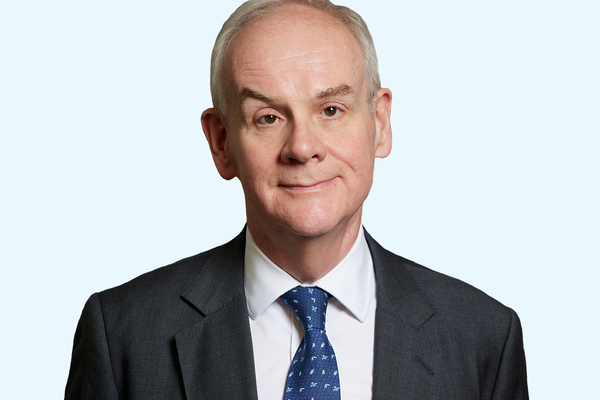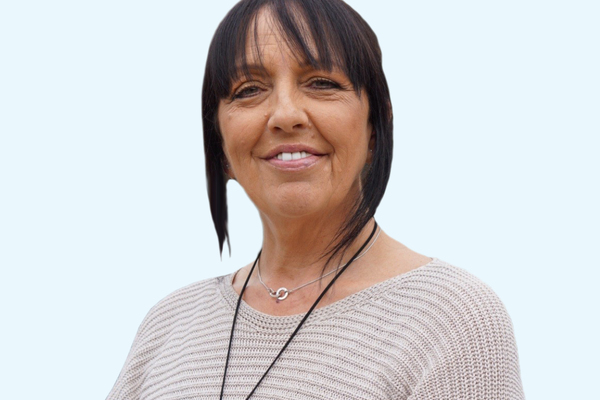You are viewing 1 of your 1 free articles
We all have a responsibility to challenge the narrative of Black women in social housing
Equality, diversity and inclusion efforts must extend to tenants as much as to staff, writes Palma Black, chief executive of Soul Purpose 360
When I worked in community regeneration at a G15 housing association, I recall the department head leading a discussion in a team meeting about a potential funding programme for ‘Black single mums’ on a north London estate.
She invited my colleagues to make suggestions for community projects, and I listened attentively to them as one by one they suggested projects that they thought would be appropriate for this resident group. Suggestions such as basic literacy and numeracy skills, cooking on a budget, parenting skills and more were thrown into the ring.
As I listened to my colleagues, some of whom I managed, I felt anger and disgust rising within me. When it was my turn to make my suggestions, I asked the meeting if what they said reflected what they thought of me, reminding them that I was a Black single mum, too.
They were alarmed at my question and vociferously denied that their perceptions of Black single mums included me. They went on to tell me that I was “not like them” because I had been to university and had a job.
Then began a lengthy discussion in which my colleagues tried to convince me that I was middle class. This seemed to matter so much – the need to reinforce the ‘them and us’ approach, to justify their proximity to me and my distance from my Black sisters who lived in social housing.
There was much I thought was inappropriate about this conversation. First, the approach was wrong. We should have been asking the residents what they needed. Second, the assumption that Black single mums were uneducated, illiterate and needed ‘nannying’, and could not possibly be ready for projects such as ‘business start-up training’, further or higher education topics.
It troubled me that people in positions of power in social housing were comfortable making financial decisions about groups of society based on their assumptions.
“Black women experience intersectional discrimination, which impacts their experiences in areas such as education, employment, healthcare and, of course, housing”
Assumptions about a particular group of people are often based on the observer’s limited personal experiences or promulgated societal stereotypes. This is often the case when it comes to expectations of Black women and their personalities, experiences and behaviours. It is disempowering and leads to segregation, discrimination, disadvantage and so much more.
Overall, it is wrong.
Black women in the UK are treated as if we were a monolithic group. On the contrary, we are the most diverse group on the planet with varied backgrounds, cultures and socio-economic statuses, as well as different experiences, opinions and more.
While society generalises Black women to embody certain stereotypes, such as being “loud” or “angry”, these stereotypes do not apply to all Black women. Black women are just as likely to be soft-spoken, introverted and non-confrontational as women of any other race. Extrapolating this, we could go further and say that when Black women are “loud” and “angry”, oftentimes they have reason to be.
Black women face unique challenges that are often overlooked or ignored. They experience intersectional discrimination, which impacts their experiences in areas such as education, employment, healthcare and, of course, housing. Indeed, every facet of their lives is shaped and impacted by external forces, the cause behind the many ‘institutional failings’ influencing lives of Black women.
“It troubled me that people in positions of power in social housing were comfortable making financial decisions about groups of society based on their assumptions”
The reason Black women are four times more likely to die in childbirth is because it is assumed they have a higher pain threshold than white women. The reason Black women are overrepresented in the criminal justice system and mental institutions is because they are perceived to be a threat due to being ‘angry’ and ‘aggressive’, and the reason Black women experience the worst rates of poverty is because they are nauseatingly impacted by the gender-race pay gap.
The examples of correlation are plenty. For centuries, Black people have been racialised, defined, explained away to justify past colonial behaviours. The narrative about us is not our own.
Soul Purpose 360 has launched a campaign – called Definition Redefined – to change the narrative. We want housing associations to support our campaign that focuses on their residents as much as they put effort into equality, diversity and inclusion strategies that seek to include staff.
The time is right to challenge and take ownership, by shaping our own narrative – by redefining the definitions that harm us. We need to evolve the discourse about us and move away from harmful stereotypes and assumptions about Black women, and instead recognise and celebrate our diversity, talents, achievements and resilience.
By doing so, we can work towards creating a more equitable and inclusive society for all.
